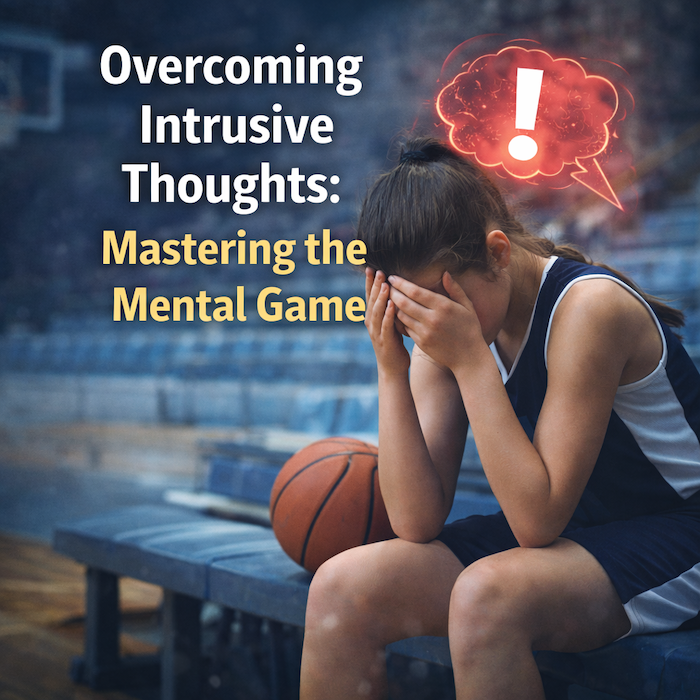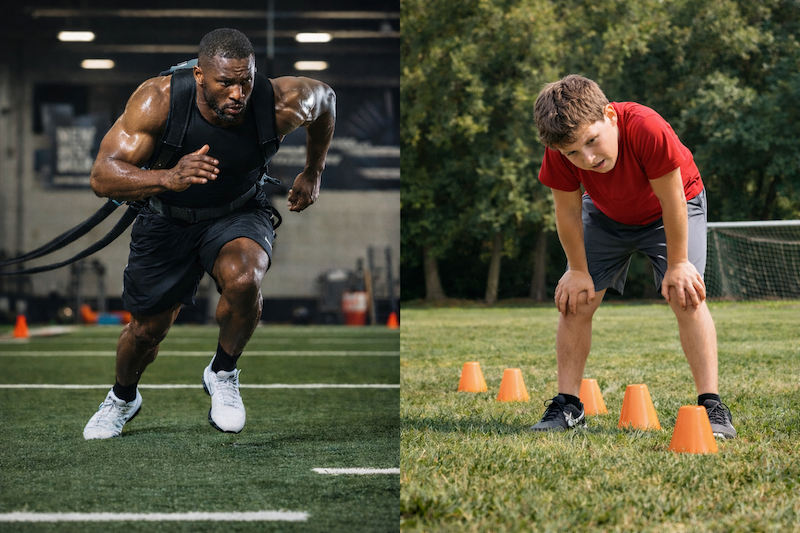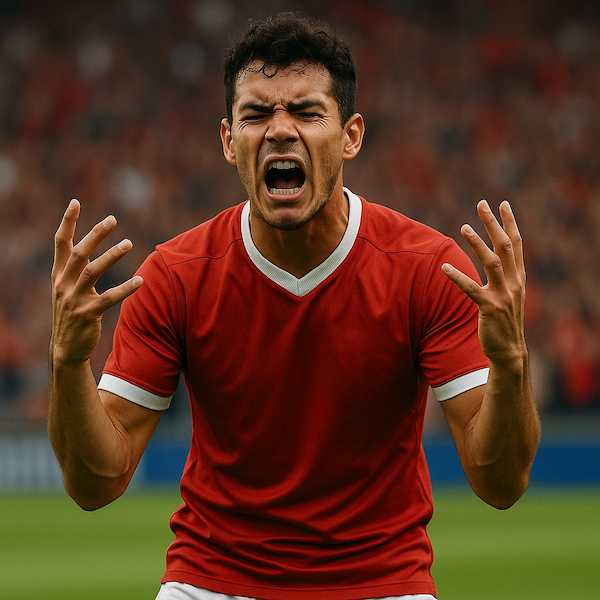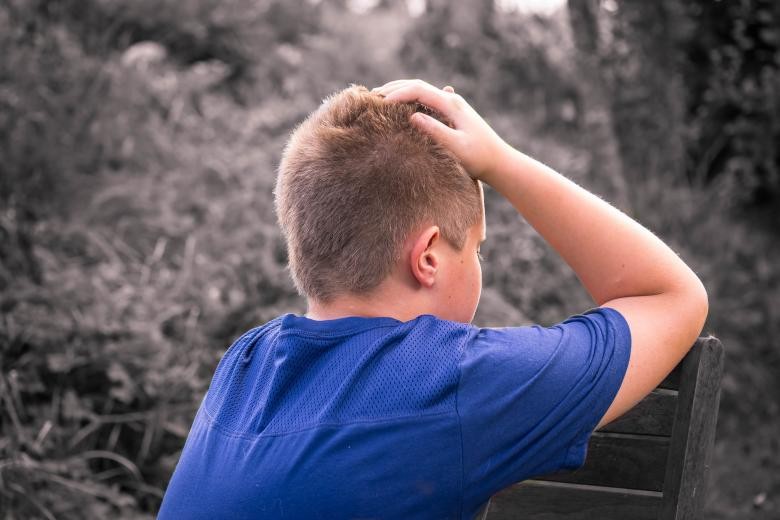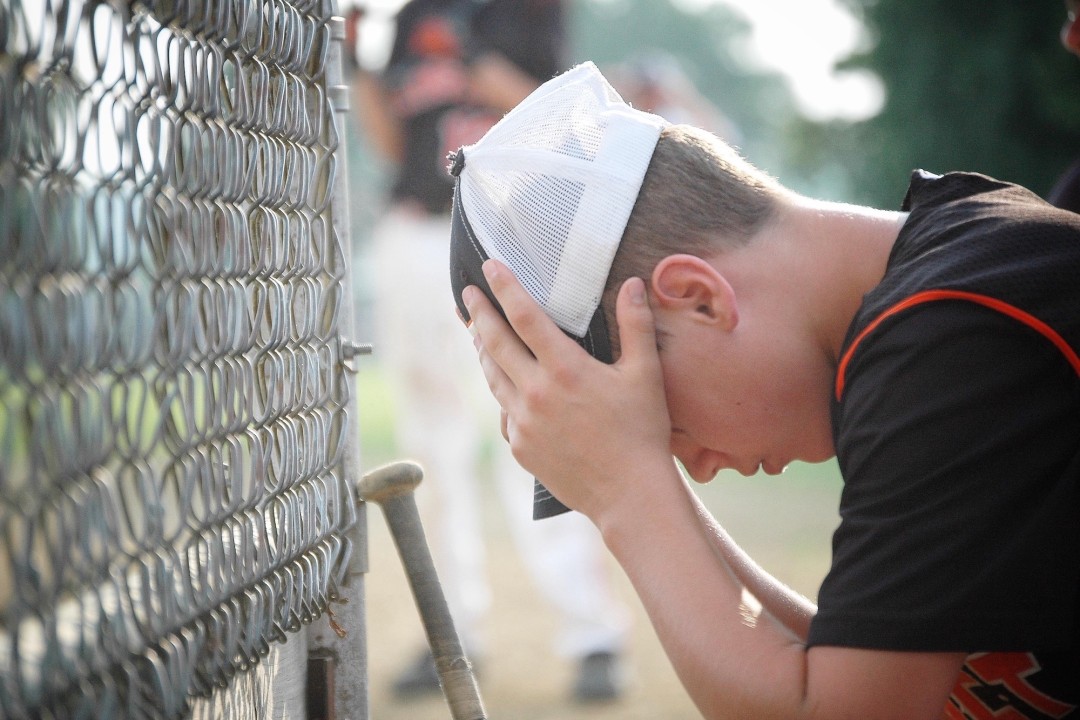Train Your Mind Like Your Body: Overcoming Intrusive Thoughts in Competition
At SPMI (Sport Psychology Movement Institute), we work with athletes to help them master the mental game and one of the most common challenges across all sports and levels is intrusive thoughts.

